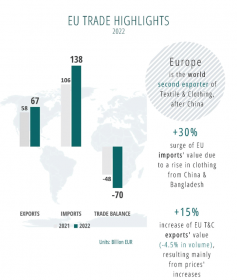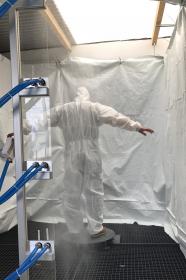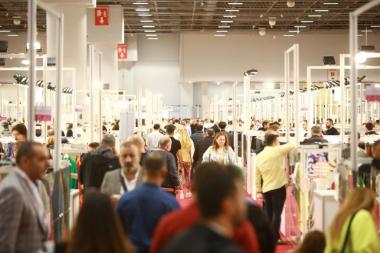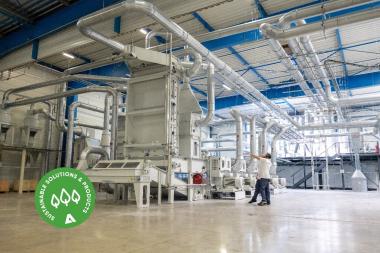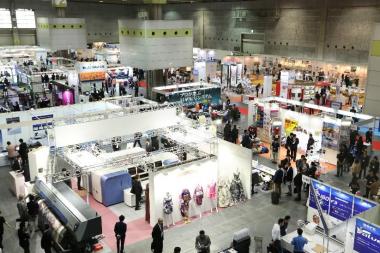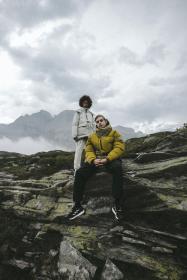Perlon GmbH acquires Shaun Filaments in Goa, India
Perlon® - The Filament Company - headquartered in Munderkingen, Germany, which specializes in the manufacture of synthetic filaments for the Paper- Technical Textile - Brush- Personal- and Dental industry, buys Shaun Filaments in Goa, India.
Shaun Filaments is a leading Indian producer of different types of filaments mainly for the Asian market. Perlon® herewith expands its Asian presence and market leadership in the following business segments: Paper Machine Clothing, Advanced Technical Textiles, Technical Brush Filaments and Personal Care.
“With the acquisition of Shaun Filaments, we are expanding our presence in the Asian market and creating a company that is geared towards the global filament industry of the future and we are expanding our market leadership in all segments. Shaun Filaments is a perfect fit for the Perlon® Group with its long-term experience, strong reputation and knowledge in the production of filaments for the Asian market.” states Florian Kisling, CEO of Perlon®.
The Perlon® Group will take over Shaun Filaments with all employees and production lines located in the Shaun Filaments factory in Goa, India.
Perlon GmbH












